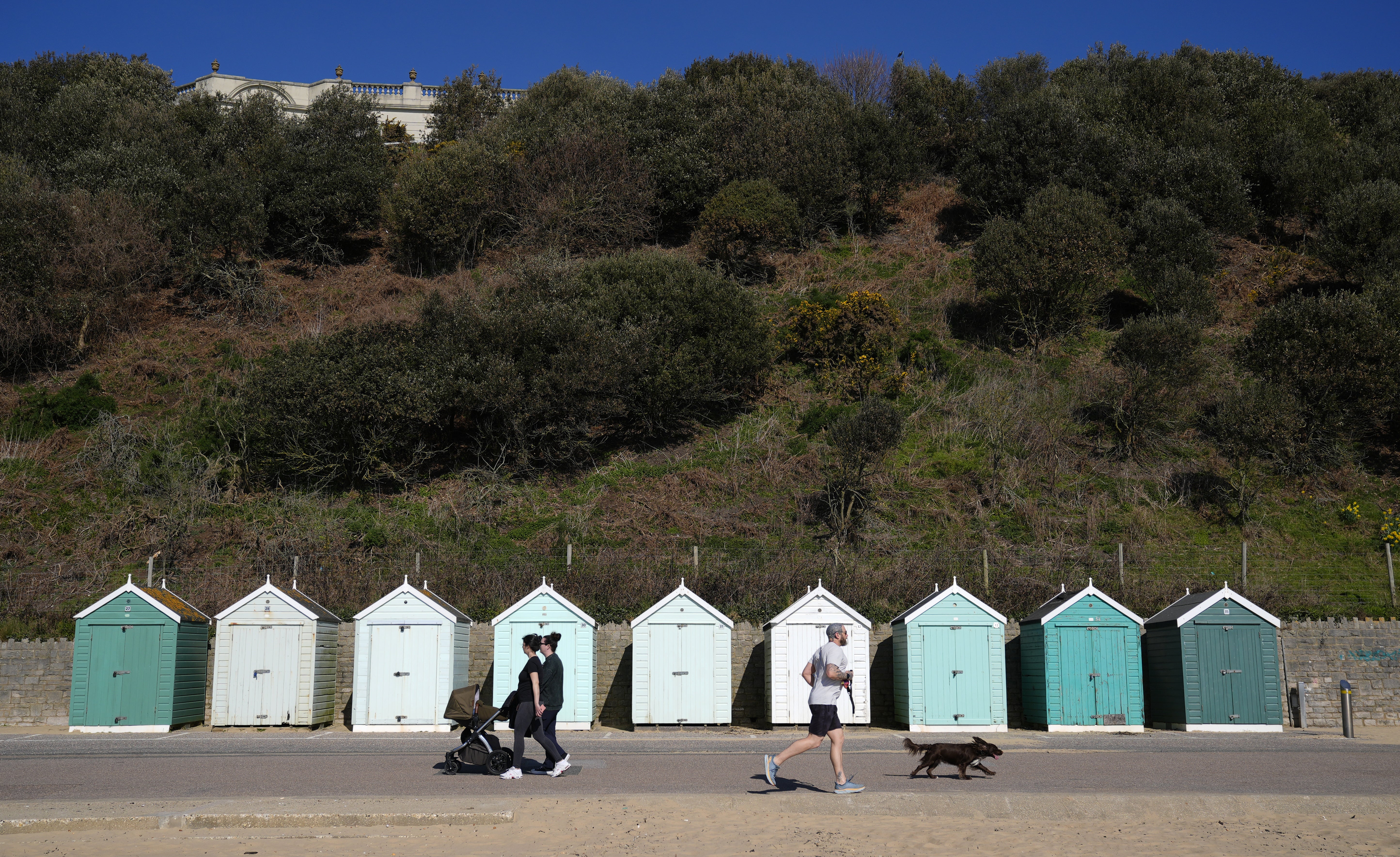The pandemic-era “race for space” that saw buyers flocking to coastal properties has cooled, according to Rightmove.
Homes by the sea are now taking three weeks longer to sell compared to the peak of the pandemic property boom.
During the Covid-19 pandemic, a shift to flexible working and a reassessment of lifestyle priorities led to a surge in demand for coastal living.
In 2021, coastal homes sold in an average of 52 days. Yet in 2025, that figure has risen to 73 days – a three-week increase.
This slowdown is also reflected in asking prices. While coastal properties saw a significant price surge in 2021, with a 4.5 per cent annual increase in March compared to a national average of 2.7 per cent, the market has since cooled.
In 2025, average asking prices in coastal areas have risen by just 1 per cent, mirroring the national trend. This data, based on a sample of over 100 coastal locations across Britain, suggests a return to pre-pandemic market dynamics.

The website has also seen changing trends in London.
In March 2021, less than half (47 per cent) of potential home-buyers in London were looking to stay in the capital, versus 59 per cent the year before, Rightmove said.
But London is once again the most searched-for location on Rightmove, and its data indicates the majority (58 per cent) of would-be movers living there are looking to remain in the capital.
The data was based on inquiries made by people based in London via Rightmove to estate agents.
In March 2021, Cornwall overtook London as the most searched-for area on Rightmove, but now London is once again the most searched-for location, the website said.
Looking across Britain, first-time buyers may find they have more “borrowing power” than they did five years ago, the website said.
Since March 2020, the average asking price for a typical first home has increased by 17 per cent, from £195,463 to £227,965.
Meanwhile, over the past five years, average wages have grown at a faster rate, at 30 per cent, Rightmove said.
However, potential first-time buyers may also face bigger hurdles to raise a deposit.
Average rents have jumped by 42 per cent over the past five years, making finances more challenging for renters, including those who are trying to save up to buy a home.
The average five-year fixed mortgage rate is 4.73 per cent, more than double the 2.15 per cent it was five years ago, according to Rightmove’s data.

Over the past five years, semi-detached homes have risen the most in terms of their price tag (by 23 per cent on average), compared with a smaller increase for flats (by seven per cent on average), suggesting there is still a premium for having more space, the website said.
The top keyword in buyer searches on Rightmove is still “garage”, the same as it was in March 2020.
In the rental market, “pets” is still the most popular search keyword on Rightmove, as it was in March 2020.
Searches for rental properties with “bills included” have dropped out of the top five most common searches on Rightmove.
In 2022 such searches topped the list, as households grappled with living cost shocks.
Steve Pimblett, Rightmove’s chief data officer, said: “Five years on from the pandemic, many short-term trends brought about by the unique circumstances of lockdown have reversed.
“Coastal homes are taking longer to find buyers and price growth has stabilised as more supply has come on to the market, some likely from movers heading back to the city.
“At the same time, fewer people are looking to escape cities, as life has returned to normal, and the debate continues about remote versus office working.”
Nathan Emerson, chief executive at property professionals’ body Propertymark, said: “Directly following the pandemic, many people saw the home working revolution as a potential opportunity to pursue a new or different lifestyle, often away from traditional town and city centres, as there was little need to be present within a physical office location five days a week.
“As time has progressed, substantial numbers of employers are now starting to ask their employees to make a return to centralised office locations, thus reversing the trend of five years ago for many people, and they are choosing metropolitan areas once again, where there are likely better transport links and a more competitive jobs market in many cases.”












